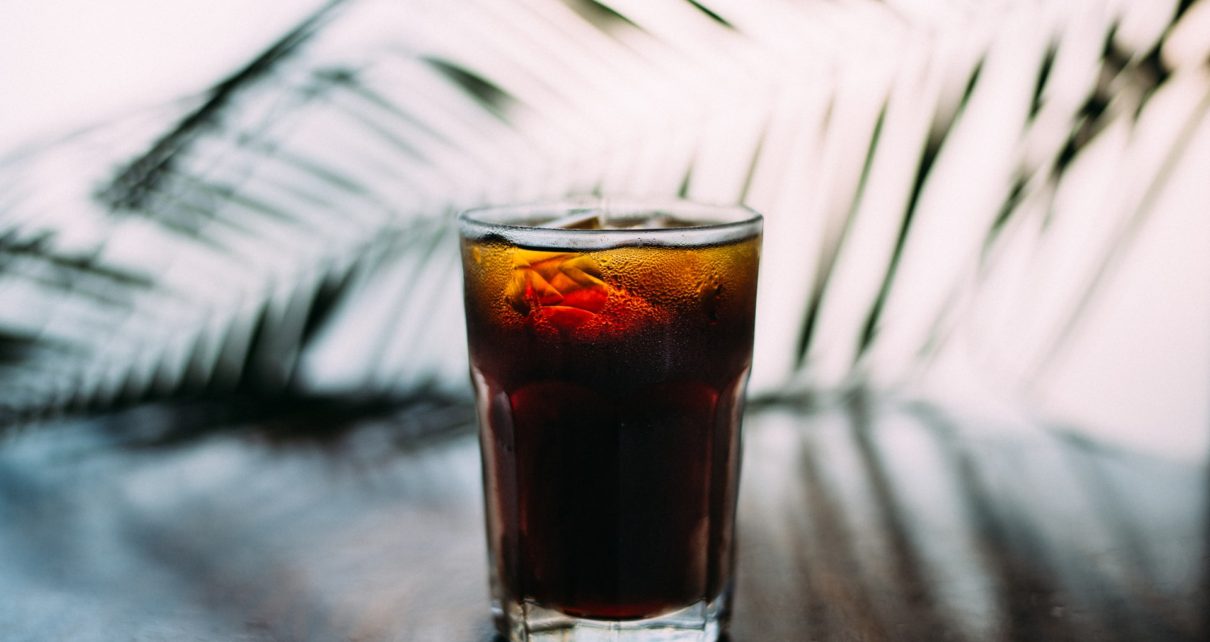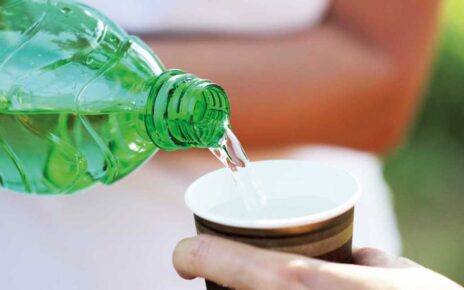The coronavirus outbreak has created multiple shortages as businesses shut down to maintain social distancing and quarantine orders. As the production of ethanol plants decreases, the amount of carbon dioxide (CO2) they capture as a byproduct and resell is also going down. This has implications for both food and beverage manufacturers that depend on CO2 for carbonation.
With fewer people driving to work or traveling, the need for fuels, such as ethanol, has gone down. In turn, plants have either cut or stopped making ethanol and its byproducts.
Reuters reported that ethanol production has decreased in the United States with 34 out of 45 plants affected by the current changes. Since ethanol plants resell the carbon dioxide byproduct to manufacturers, companies that rely on it are seeing rising prices. For example, beer brewers are paying 25% more for carbon dioxide now.
The shortage of carbon dioxide is affecting beer, soda, seltzer and other businesses. A coalition, which includes the Compressed Gas Association, National Pork Producers Council, Beer Institute, Brewers Association, National Turkey Federation, North American Meat Institute, National Cattlemen’s Beef Association and Renewable Fuels Association, wrote a letter to Vice President Mike Pence.
“Representing thousands of American workers across all 50 states that ensure the reliability of our Nation’s food supply, we write to express our strong concern that the current coronavirus (COVID-19) pandemic creates a significant risk of a shortage in carbon dioxide (CO2) that would significantly impact access to essential food and beverage supplies and other essential sectors of the U.S. economy,” the coalition wrote.
The coalition points out that carbon dioxide production has decreased by 20% in the U.S. and may continue to fall to 50% without interventions. The beverage industry is not the only sector that is affected by this. Some fresh and preserved food companies also rely on a steady supply of carbon dioxide.
A shortage of carbon dioxide will have far-reaching consequences. For instance, the Ames water treatment plant in Iowa uses carbon dioxide to soften hard water filled with minerals, which improves the quality of drinking water.
“Ames water director John Dunn said Air Products, which provides CO2 to Ames and Des Moines Water Works, told Ames in late March that the carbon dioxide supply was in danger. With the ethanol plants shutting down, Dunn was expecting to get about half the normal amount of CO2, if any. Air Products topped off his tanks right before ethanol production halted,” the Ames Tribune reported.
Source: Forbes










